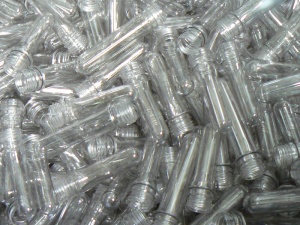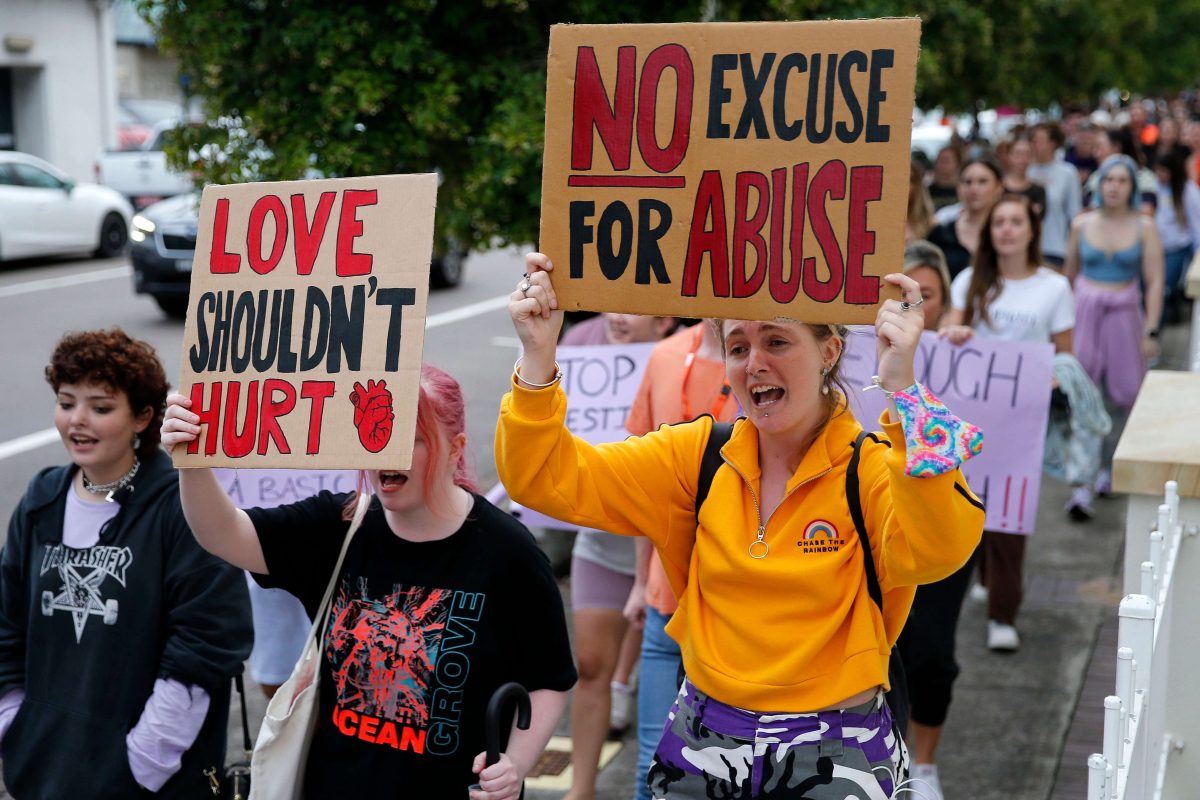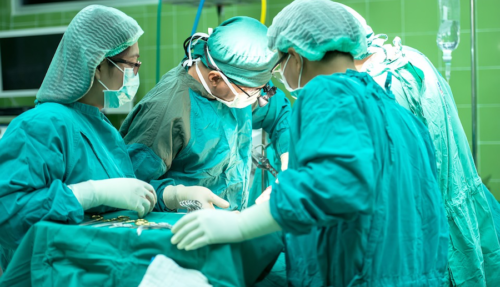 THE theme of the 2013 World Cancer Day is “Cancer: Did you know?”, which has encouraged the Cancer Council to launch a new mobile-friendly website iheard to help consumers differentiate fact from fiction when sourcing reliable information.
THE theme of the 2013 World Cancer Day is “Cancer: Did you know?”, which has encouraged the Cancer Council to launch a new mobile-friendly website iheard to help consumers differentiate fact from fiction when sourcing reliable information.
Cancer Council CEO, Prof Ian Olver, said while the internet was a phenomenal information resource, it was also a vehicle for unproven claims and misinformation.
“For example, just Google ‘cancer’ + ‘plastic bottles’, and more than three million hits come up,” Prof Olver said.
“That’s a lot of people taking an interest in a so-called cancer risk factor that is not supported by scientific evidence.
“World Cancer Day’s theme is ‘Cancer – Did You Know?’, with a focus on myth-busting, so it’s a timely reminder to use iheard to get the cancer facts.”
Among the common misconceptions, the Cancer Council highlights the popular myth that re-using plastic water bottles can cause cancer. However, iheard outlines there is no scientific evidence to support such a claim.
Among the other “cancer-causing” myths, iheard disputes is the use of deodorant in aluminium cans, halogen light bulbs, and artificial sweeteners in diet drinks.
“Meanwhile, on any given day at least five million Australians are collectively doing things that will increase their cancer risk like smoking, not managing their weight, drinking excessively or being exposed to UV radiation,” said Prof Olver.
“Along with a few environmental and occupational hazards such as asbestos exposure, these proven risk factors cause one third of all cancer deaths in Australia.
“What causes the other cancer deaths is not fully understood, so myths and rumours fill the void. The key is to control the things you can control, according to the evidence.
“When you see how some of the cancer misinformation is presented on the internet, it’s understandable that people are misled.
‘The evidence is sometimes unexciting compared with the myths, but an evidence-based approach to prevention, detection and treatment has led to a 30 per cent improvement in cancer survival in Australia over the past 25 years.”
On World Cancer Day, organisations around the world are revealing different ways to debunk myths about cancer in order to focus on the smaller issues that improve the health and wellbeing of patients.
More information on ehospice at www.ehospice.com/australia and the iheard website is at iheard.com.au
Who can be trusted?
In a world of spin and confusion, there’s never been a more important time to support independent journalism in Canberra.
If you trust our work online and want to enforce the power of independent voices, I invite you to make a small contribution.
Every dollar of support is invested back into our journalism to help keep citynews.com.au strong and free.
Thank you,
Ian Meikle, editor




Leave a Reply